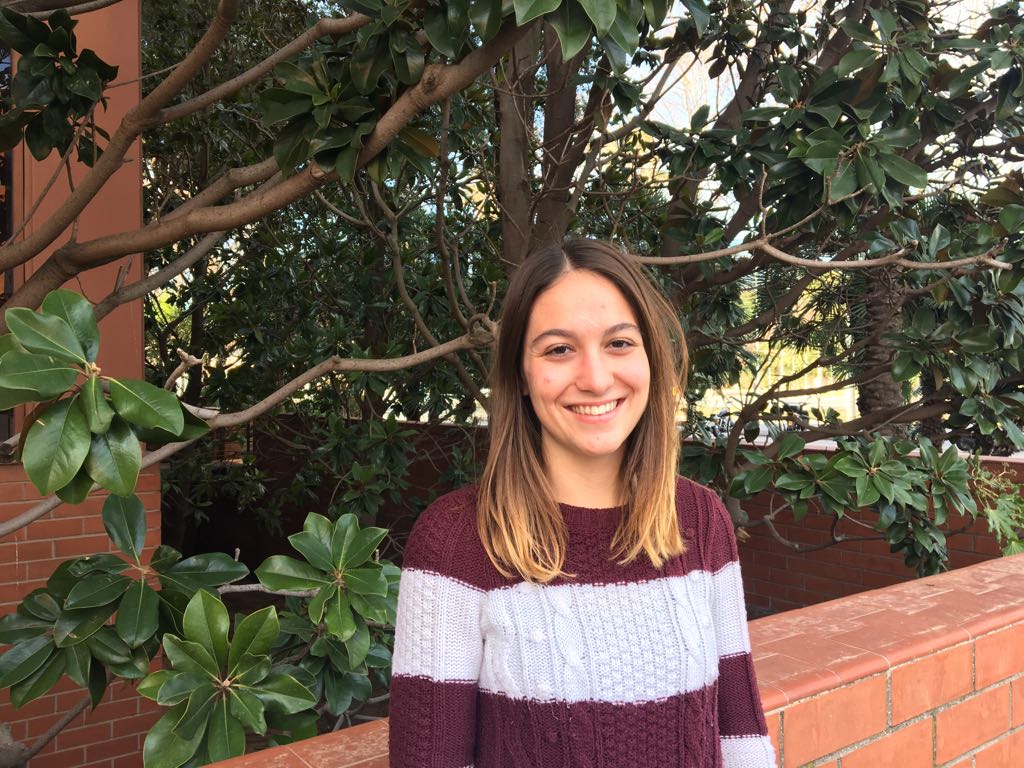
UB researchers awarded AGAUR-LLAVOR grant to develop natural biostimulant to prevent overuse of pesticides in strawberry fields
Strawberries need more plant protection products than nearly any other fruit, which has a negative impact on farmland and increases the chemical residue on the products consumed. The University of Barcelona, through its technology and innovation transfer office the Bosch i Gimpera Foundation, has been awarded a €20,000 AGAUR-LLAVOR grant to develop a natural biostimulant that improves the physiological performance of strawberry plants, thus preventing overuse of plant protection products. The project is led by Dr Sergi Munné, professor in the Department of Evolutionary Biology, Ecology and Environmental Sciences of the UB Faculty of Biology. UB researcher Alba Arabia has also been part of the project as the scientific entrepreneur.
The negative impacts of pesticides have led to increasingly strict regulations to limit their use. Nevertheless, fruits like strawberries need efficient solutions to keep up production levels, as they are particularly susceptible to high temperatures and increased relative humidity that contribute to greater infection by pathogens, specifically the proliferation of certain types of fungus.
Faced with this challenge, most biostimulants (products that stimulate the natural processes of plants to benefit their physiological processes) have focused on treating a specific condition or adverse situation. UB researchers, however, are developing a product that stimulates metabolic changes in the strawberry plants to fight stress caused by living organisms and other factors like heat or cold. These multipurpose effects and the natural origin of the new compound will help reduce overuse of plant protection products.
Over the coming months, tests will be done on several formulations of the new biostimulant, assessing its effects on plant yield and fruit quality, as well as the best strategy for implementing it in the fields.
The project, with reference number 2021 LLAV 00007, has received a Knowledge Industry Grant in the category ‘Llavor grants for innovative projects with the potential for being incorporated into the production sector’.

